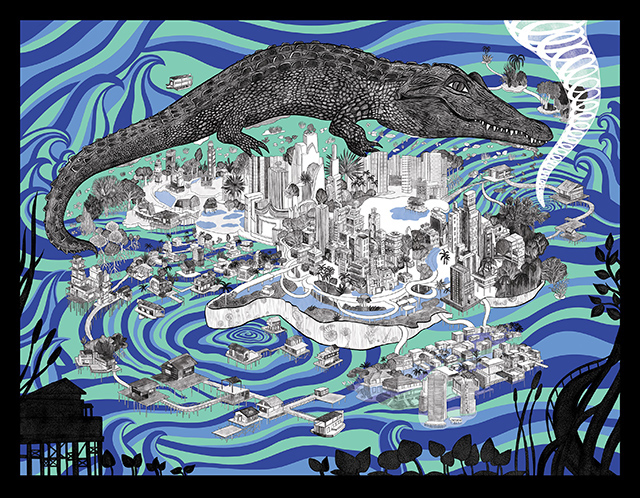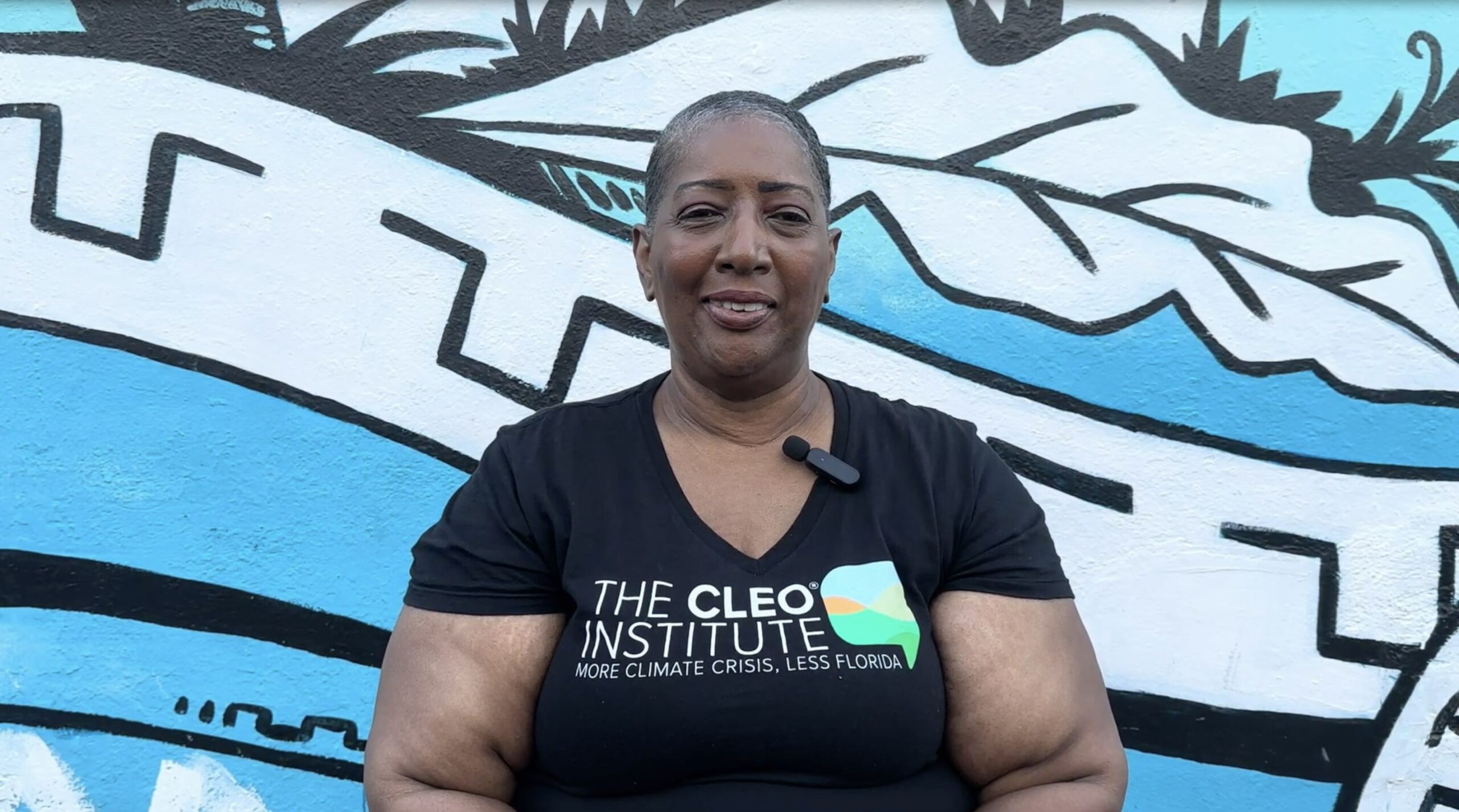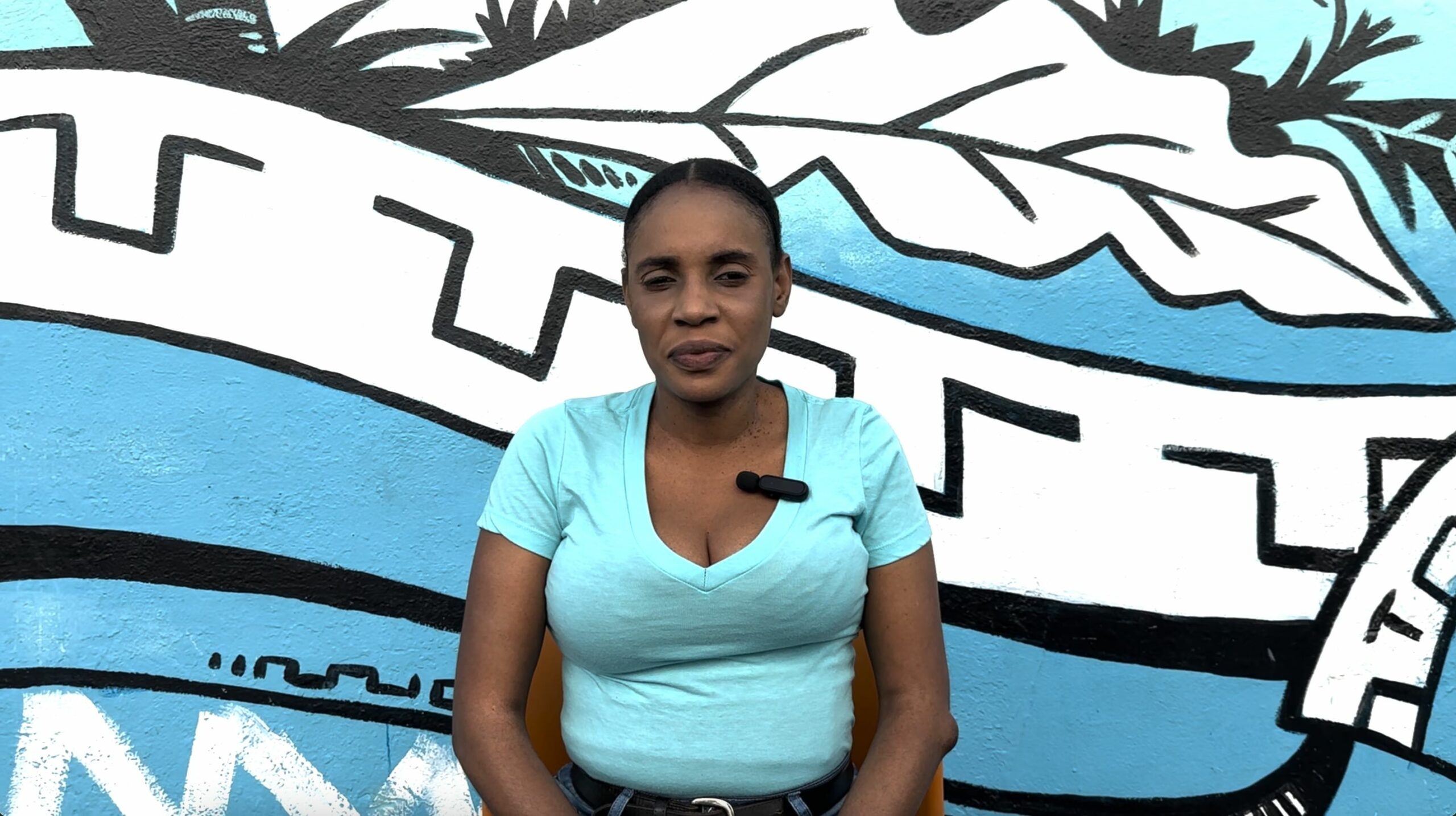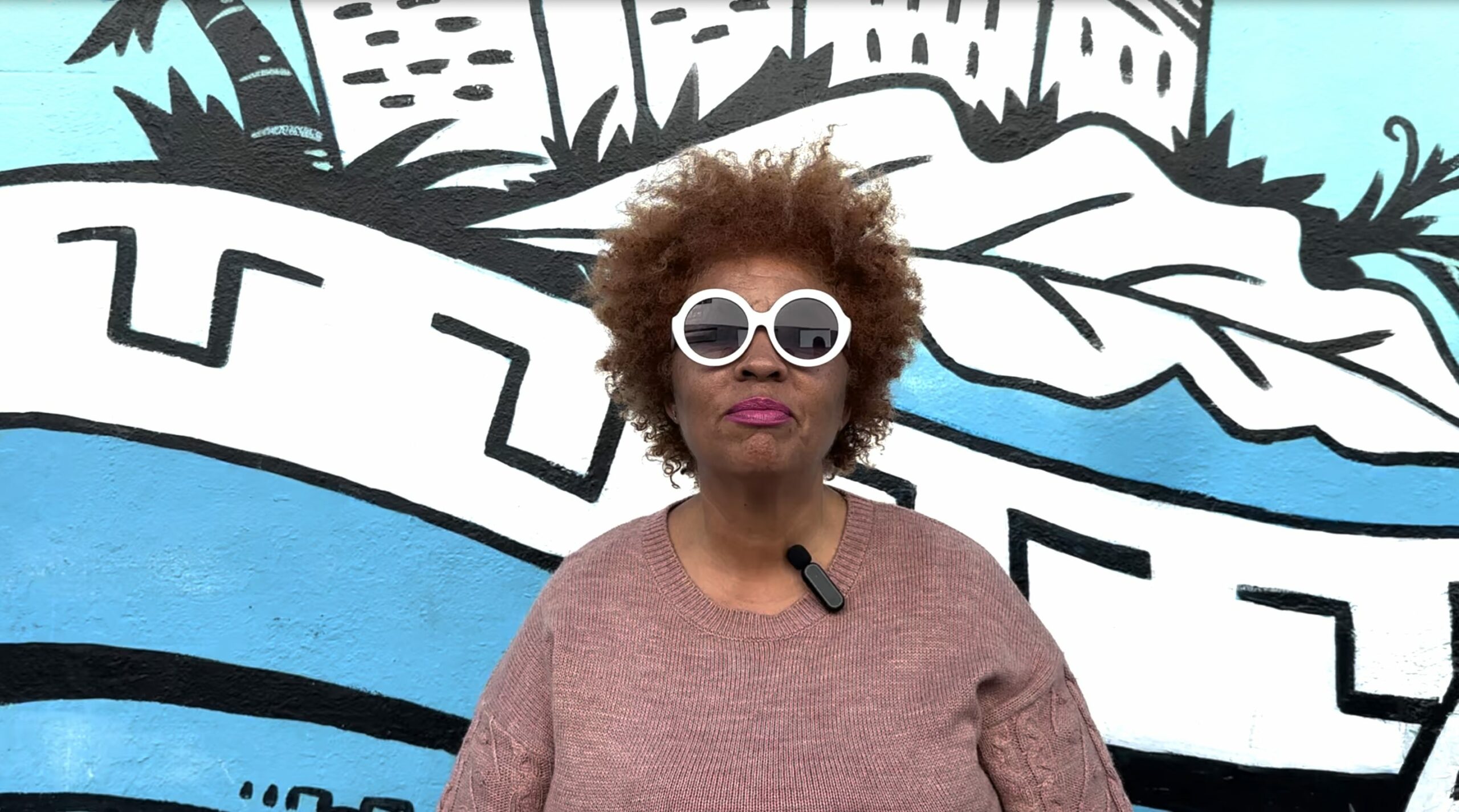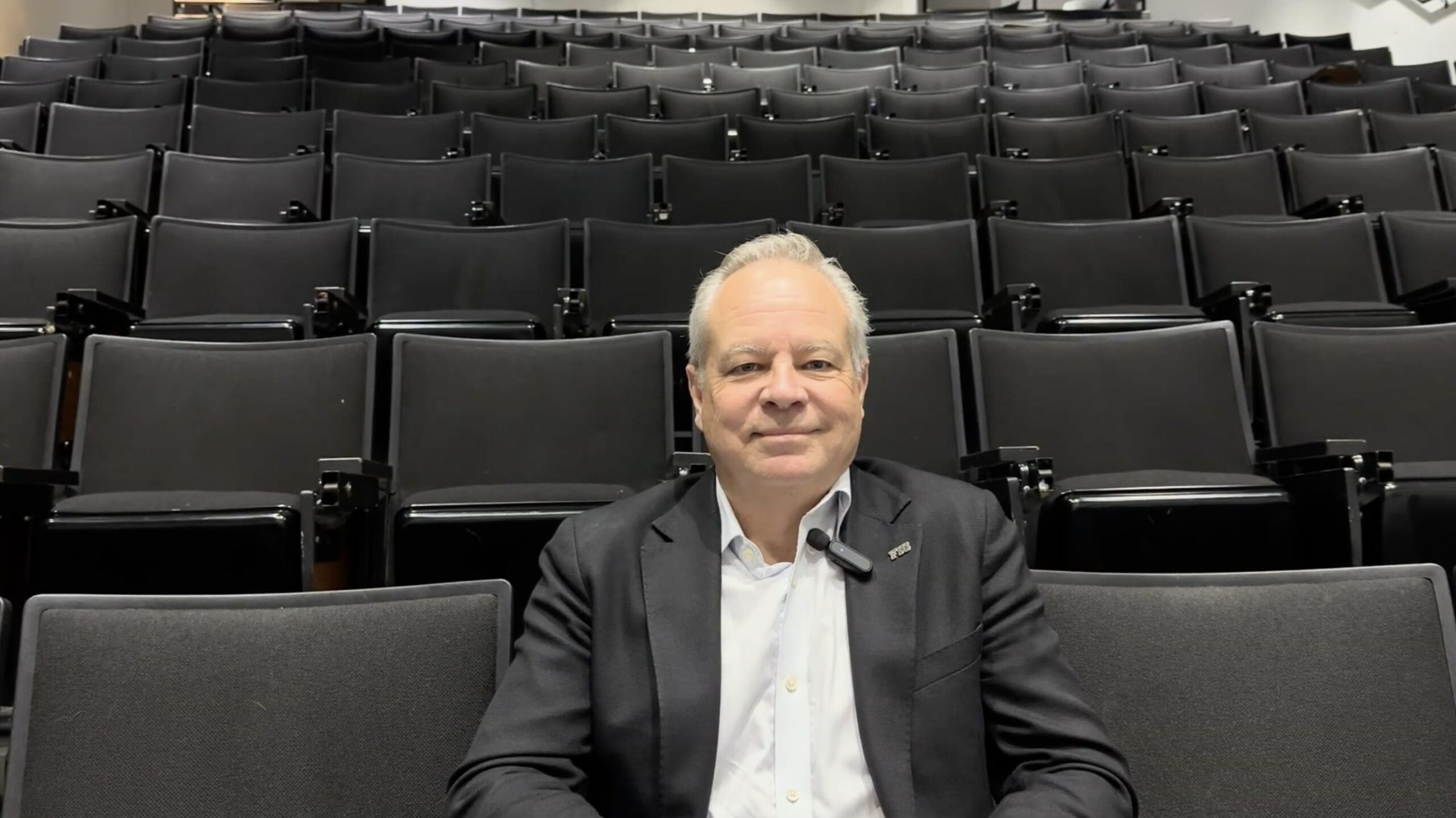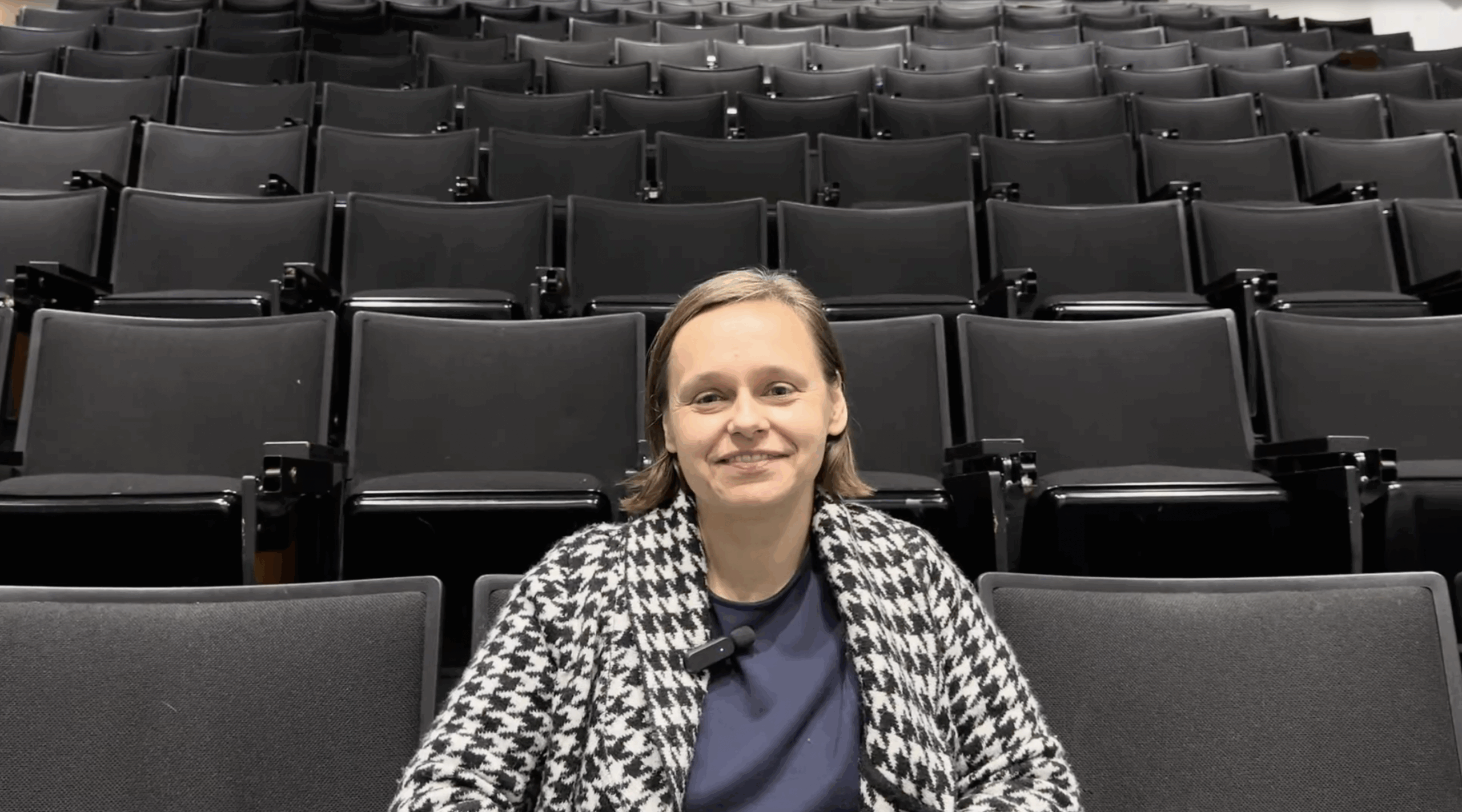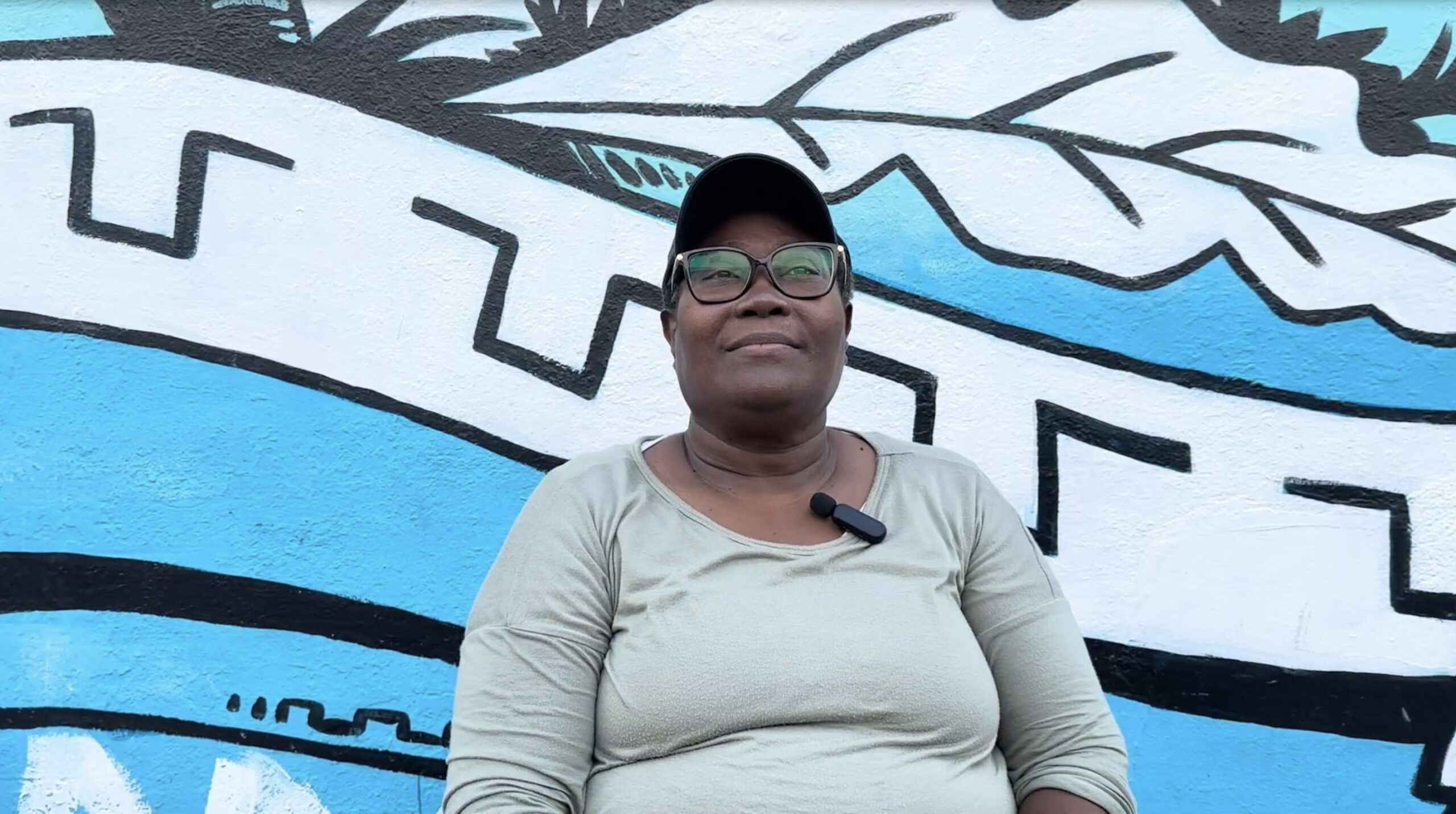
Gladys, a participant in the ERW (Empowering Resilient Women) programme, looks back on her enriching experience within the programme, which not only enabled her to develop practical skills but also raised her awareness of environmental issues. In this interview, she shares her journey, her passion for gardening, and her commitment to educating future generations about the effects of climate change.
An inspiring and educational programme
Gladys describes herself as someone who is eager to learn. She talks about her experience on the ERW programme, emphasising how it helped her overcome her hesitations and learn in a practical way. ‘I learned a lot. I continue to tell people about the programme and encourage them to do it.’ Her enthusiasm is palpable: ‘It’s a good thing for me. With ERW, they teach us how to garden.’ Thanks to the programme, she not only learned practical skills, but also discovered a real passion for gardening.
Gardening as a daily practice
One of the most striking aspects of Gladys’ involvement in the programme is her practical application of what she has learned, particularly in gardening. ‘I have my garden. And I keep doing it. It’s a good thing when you know how to do it.’ Her garden has become an extension of her learning, a way of integrating this knowledge into her daily life.
The impact of climate and risk awareness
Gladys also shares her experience of climate challenges in Miami, particularly the extreme heat that characterises the city. Through the ERW programme, she has learned to identify signs of dehydration and heatstroke, vital knowledge that she applies on a daily basis. “I know how to tell the difference between heat exhaustion and heat stroke, I know when it’s mild and when it’s serious.” This knowledge is not just theoretical; it has a direct impact on her daily life. “I know how to look for signs of dehydration.” She talks about how hard it is to cope with the heat in Miami, where even air conditioning seems powerless against the intense temperatures. “When it’s hot in Miami, even the air conditioning in the car isn’t enough.”
Educating children about climate change
Gladys is also witnessing the growing concern among younger generations about climate change. She has had the opportunity to talk to children and explain the consequences of this phenomenon to them.
‘When I see children and talk to them, I always talk about the heat,’ she explains. However, she is delighted that she now has the tools to better educate young people about climate risks. ‘I used to talk about the heat without knowing the consequences, but now, thanks to The CLEO Institute, I can inform people about heat exhaustion.’ Her message of hope is clear: ‘It’s important to raise awareness among children, to show them that they can understand and take action on these issues.’
A message of hope for the future
Gladys encourages children to stay engaged and not to give in to panic in the face of environmental challenges. Her message is simple: ‘You have to be informed, able to understand the signs and take action to protect yourself.’ She firmly believes that education and awareness can be powerful levers for change. Through her involvement in the ERW programme, she has found a way to share her knowledge and help others adapt, while remaining hopeful for the future.
Testimonies from the same panel
